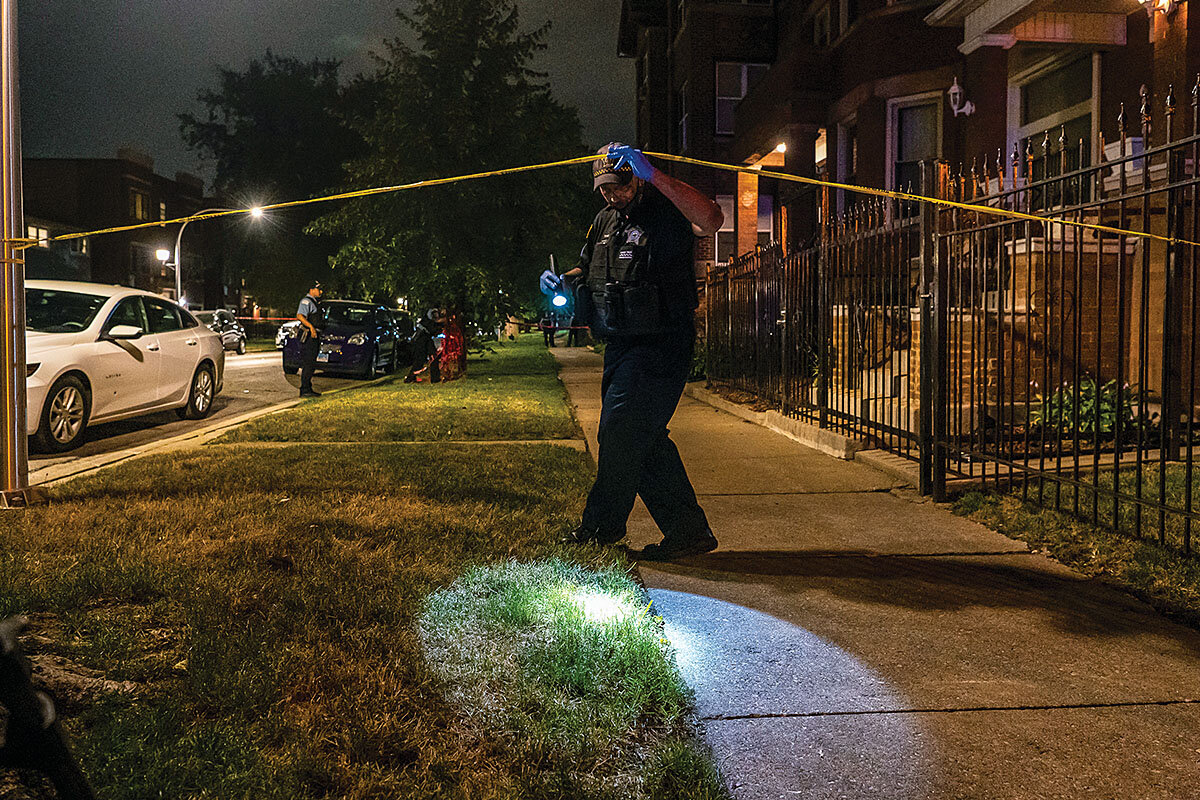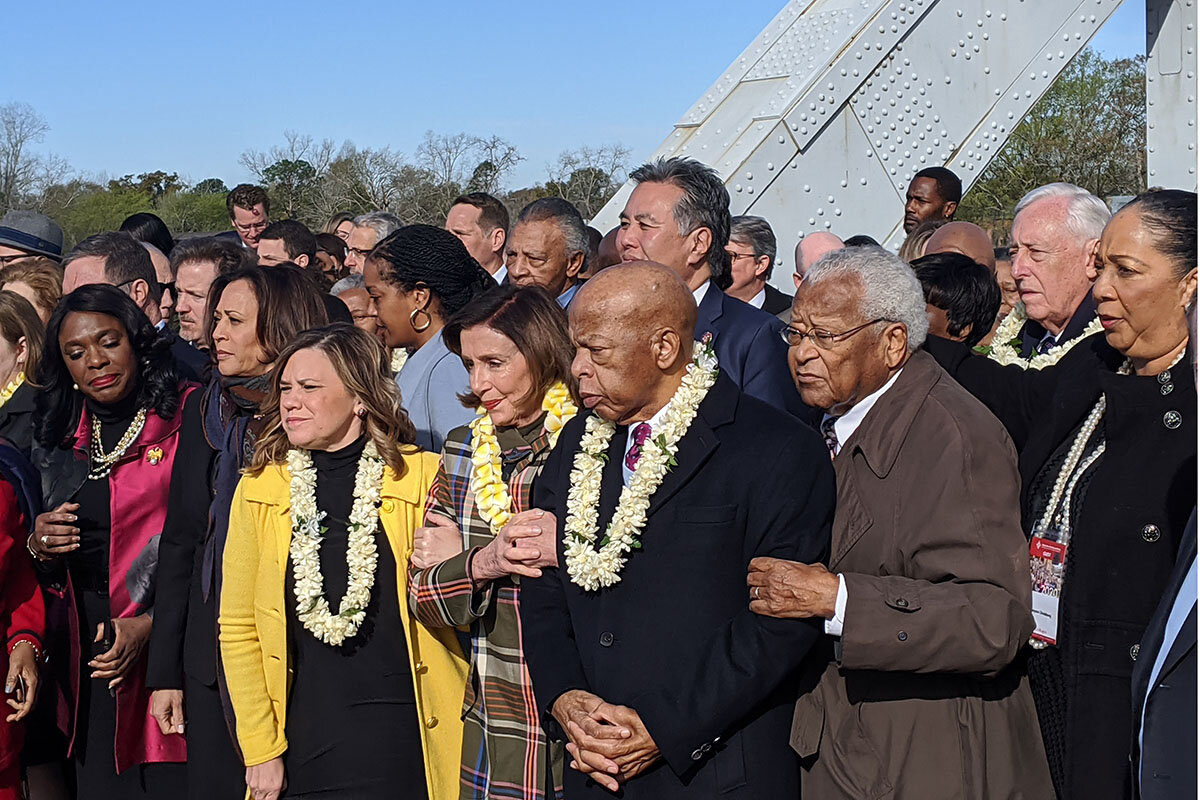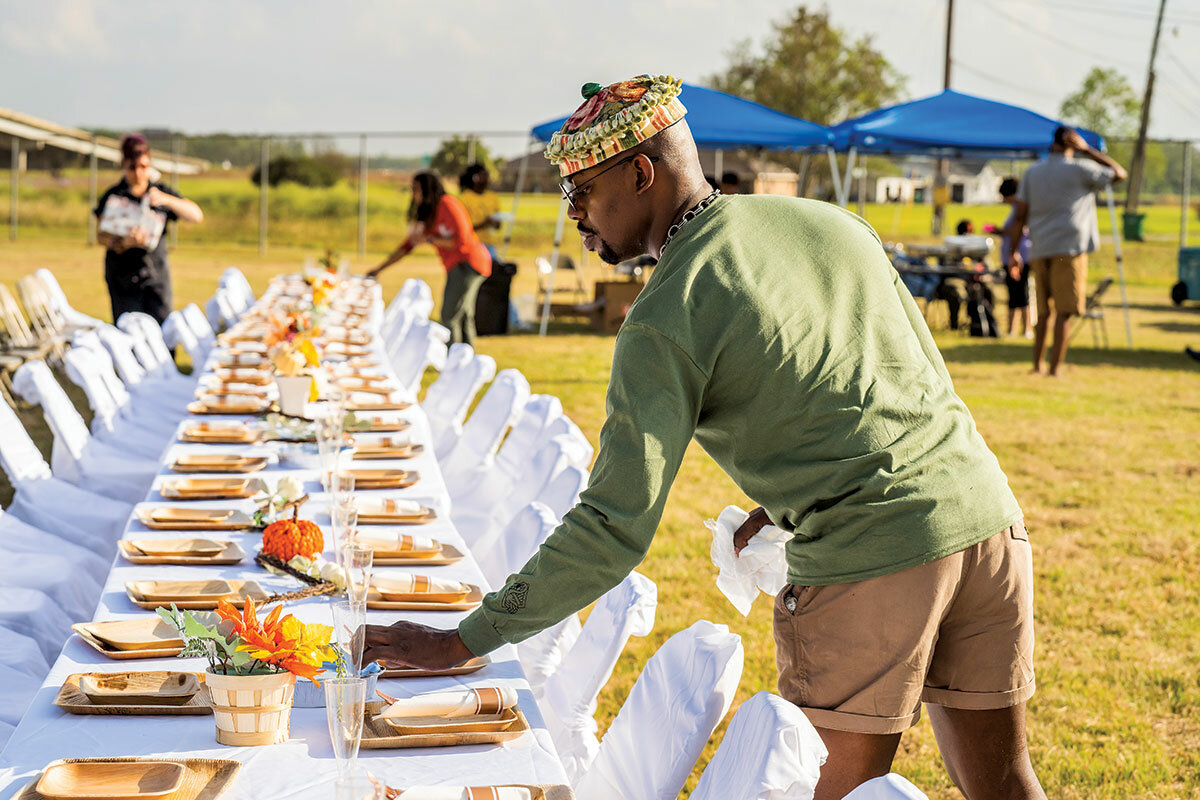When Nayib Bukele was elected president of El Salvador not quite three years ago, the former businessman vowed to tame the country’s rampant murder rate, then the highest in the world. He promised to boost law enforcement and build community centers in a handful of municipalities where violent gangs were deeply rooted. By the end of last year, El Salvador’s murder rate had dropped by half.
An eruption of violence that killed 87 people last weekend has suddenly disrupted that simple narrative. It may also have a wider ripple at a time that U.S. Secretary of State Antony Blinken has described as “a moment of democratic reckoning” in Latin America.
The rate of violent crime in the region is three times the global average, according to the United Nations. Several countries have tried to solve the problem variously through accommodation of gangs and drug cartels or repressive police and military tactics. But new democratic governments, notably in Honduras and Chile, are taking a softer turn. Their emphasis on human rights and inclusiveness reflects a truth about crime in Latin America: that while violence has thrived amid weak governments, it has found little space within the region’s strongest democracies.
“The state was established to ensure its inhabitants the enjoyment of justice, freedom, culture, and economic and social well-being,” said Xiomara Castro, the first female president of Honduras, in her inauguration speech in January. She said she wanted her fellow citizens “to feel the presence of a state that guarantees their rights so they can live in peace.”
After the weekend attacks in El Salvador, President Bukele imposed a state of emergency as well as severe new restrictions on gang members in prison. Security forces have closed off neighborhoods known to be gang strongholds. More than 1,000 suspects have been arrested.
Critics question whether the halving of the murder rate in El Salvador was really Mr. Bukele’s doing. They note the community centers he promised remain incomplete and underfunded. Similar declines in the homicide rates in neighboring Honduras and Guatemala suggest pandemic lockdowns played a role. A more likely explanation, local human rights activists say, is that Mr. Bukele may have brokered a secret truce with imprisoned gang lords: new privileges on the inside for assurances of quieter streets on the outside.
He denies the allegation. But government documents show meetings between officials and prisoners occurred. In December, the Biden administration imposed sanctions on two Salvadoran officials accused of brokering a deal. If a truce was made, the weekend violence shows it has unraveled.
Meanwhile, Ms. Castro in Honduras and her new Chilean counterpart, President Gabriel Boric, are seeking to strengthen stability through a renewed emphasis on rights and dignity.
In Honduras, which has the highest rate of women and girls killed in Latin America, Ms. Castro has established the country’s first ministry for women and worked with feminist organizations to draft a law to combat violence against women. In Chile, Mr. Boric has vowed to lift a state of emergency imposed by his predecessor on a region shaken by Mapuche separatists asserting Indigenous land rights through violence. On his first day in office earlier this month, he held a ceremony with seven Indigenous groups at the presidential palace. Restoring dialogue with the groups “is vital to the building of a just and dignified Chile,” he said.
In the United States, cities like Chicago and Boston have pioneered models of violence prevention that help victims of gun violence rebuild their lives and gang members find more constructive opportunities. These programs emphasize the restorative value of building on individual worth. As Chile and Honduras renew their democracies, they are showing their neighbors the power of that ideal.
 Amelia Newcomb
Amelia Newcomb










